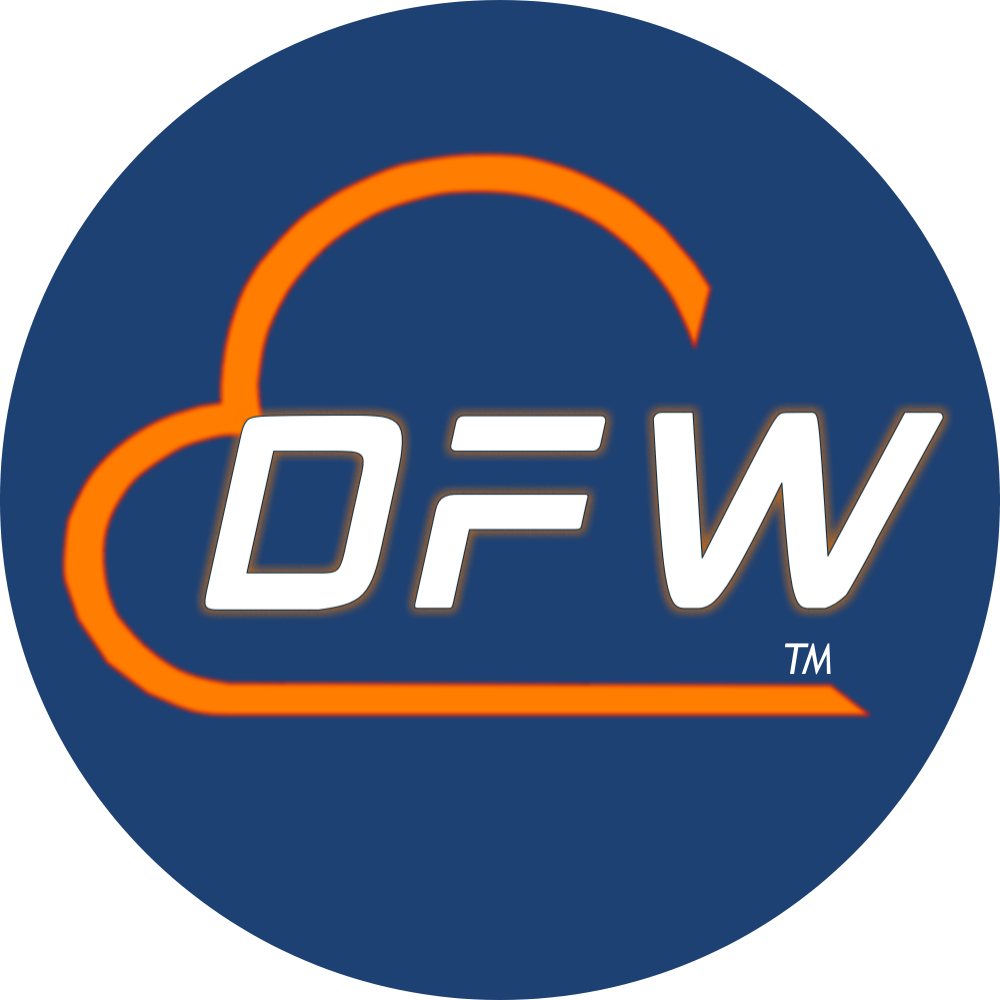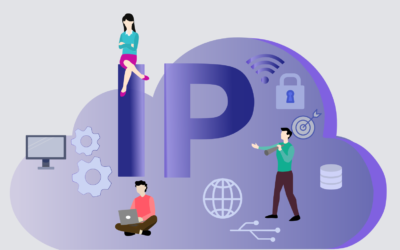Data protection is changing quickly, prompted by consumer distrust, government intervention, and market competition. The era of companies utilizing personal data without permission is closing. As people become increasingly aware of how their information is being used and want to take charge of it, businesses must adjust to a new set of regulations to succeed in this evolving landscape.
Data Protection Rules you must consider
The first rule is cultivating trust with customers. To gain customers’ confidence, companies need to be open about using customer data and the benefits customers receive in exchange. Clear and concise communication is vital to building trust; some companies even consider data cooperatives as an innovative solution. With data cooperatives, users can share their data securely and with consent. A company’s customer database becomes more valuable as its consent practices become more thorough and robust. One company that works well to gain the trust factor is Rubrik. Rubrik secures your data from insider threats or ransomware with air-gapped, immutable, access-controlled backups.
The second rule focuses on extracting insight rather than personal identifiable information. Companies must reconsider their methods for obtaining and sharing data while keeping privacy and security intact. With the help of advanced technology, such as federated learning and trust networks, it is possible to extract insights without transferring data. By designing algorithms and data together, they can better serve each other’s requirements and exchange anonymous statistics rather than personal data. This method enables companies to gain valuable insights without breaching individuals’ privacy.
The third rule emphasizes the flow of data over silos. After obtaining meaningful consent and acquiring insights without transferring data, CIOs and CDOs can collaborate to facilitate insights flow. Breaking down traditional silos allows maximum insight from consented data for the customer’s benefit. An example of this is when a bank obtains consent from a customer to share their new address with service providers like moving companies, utilities, and internet providers. This cooperative approach creates a secure and reliable data ecosystem, which enhances the customer’s experience and relieves them of the tedious tasks associated with moving.
In this new data economy, the power dynamics are shifting. Individuals will exercise complete control over their data, investing it in companies that provide personalized services and benefits. Data representatives, agents, and custodians will play a crucial role in managing consent at scale, acting as trusted hubs for users’ data. Data cooperatives are also becoming more prevalent, empowering individuals to share data in a secure and controlled manner.
Conclusion
The end of the old personal data economy does not signify the end of value creation and wealth generation. Instead, wealth will be distributed more equitably, with fewer privacy and security risks. Individuals will invest their data assets in companies offering personalized services and benefits if those benefits directly accrue.
In this new era of data protection, companies must adapt and embrace the rules outlined above. By consistently cultivating trust, focusing on insight rather than personally identifiable information, and facilitating data flow, companies can navigate the changing landscape and thrive in a data economy where individuals control their personal information.

Drew Stephens is a tenured IT professional who has worked with many technologies. He holds a B.S in Computer Science and has certifications in Network Infrastructure, Administration, Voice, Cloud Stacks, and platforms, including Azure and Google Cloud. He also has fluency in Director Level Sales in FinTech, Healthcare, and Retail.





0 Comments